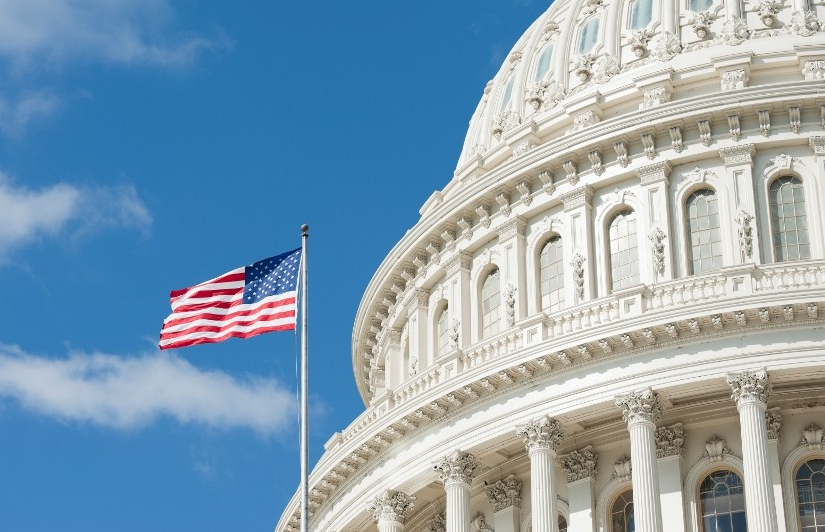Regulators in the U.S. are struggling to keep up with the rate of technology innovation sweeping financial services.
Between technology
startups, traditional firms looking to use
emerging products like blockchain and
nontraditional companies entering finance, regulators around the world are reassessing existing frameworks and rules.
The U.S. has approached the problem without a common organizing strategy, instead relying on a patchwork of state and federal initiatives that lack a common plan, according to
a new report from The Pew Charitable Trusts.
Simply put, the existing framework isn't prepared for the modern digital finance products.
Consider SoFi, a purely digital company offering lending, wealth management and banking. At various times, it would fall into the jurisdiction of the Office of the Comptroller of the Currency, the Consumer Financial Protection Bureau and the Securities and Exchange Commission, to name a few. That's before considering state regulators.
(More: Tech firms still want to dethrone the financial sector)
If a company like this also wants to partner with Apple and support mobile money transfers through Apple Pay, regulators governing consumer technology and telecommunications companies could also get involved.
Steve Boms, president of Allon Advocacy and an adviser to
Envestnet on public policy, said the web of regulators makes it difficult to deliver new, innovative solutions to the market.
"The fundamental issue behind the deployment of new technology in the financial services space remains consumer and adviser access to data," Mr. Boms said. However, he said a recent
report released by U.S. Department of Treasury, which calls for a more flexible regulatory approach for fintech, is a step in the right direction.
The report outlines more than 80 recommendations for lawmakers. Some are good, some are not, said Nick Bourke, director of Pew's consumer finance project.
He agreed with the notion that regulators need to coordinate to establish a set of goals for fintech regulation, but thinks it's a mistake to roll back the CFPB's rules on payday loans.
Mr. Bourke called the report "a great way to start a conversation" and an example of how regulators can work with financial institutions and technology providers to identify the impediments to innovation. He recommends the U.S. adopt policy in line with regulators in Hong Kong, Singapore and Australia, which promote innovation with a coordinated strategy focused on protecting consumers, Mr. Bourke said.
"Increasing outreach and focusing more on goals, coordinating more among themselves, and keeping consumer protection front of mind are all things the U.S. regulators should probably be doing right now," he said, adding that the current approach exposes the industry to uncertainty and puts consumers in harm's way.
David Lyon, founder and CEO of
Oranj, said risks will decline as the industry continues educating regulators about technology, as well as capturing consumer support. This is easier said than done, he said.
"The reality is that there will always be some sort of learning curve with regulators," Mr. Lyon said.
"As technology becomes more mainstream, you will see regulators react more quickly as we saw with many innovations such as mobile banking, robo advisors, etc.," he said. "Regardless of the pace, it is critical that the conversation continues to move forward."







